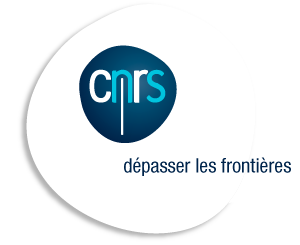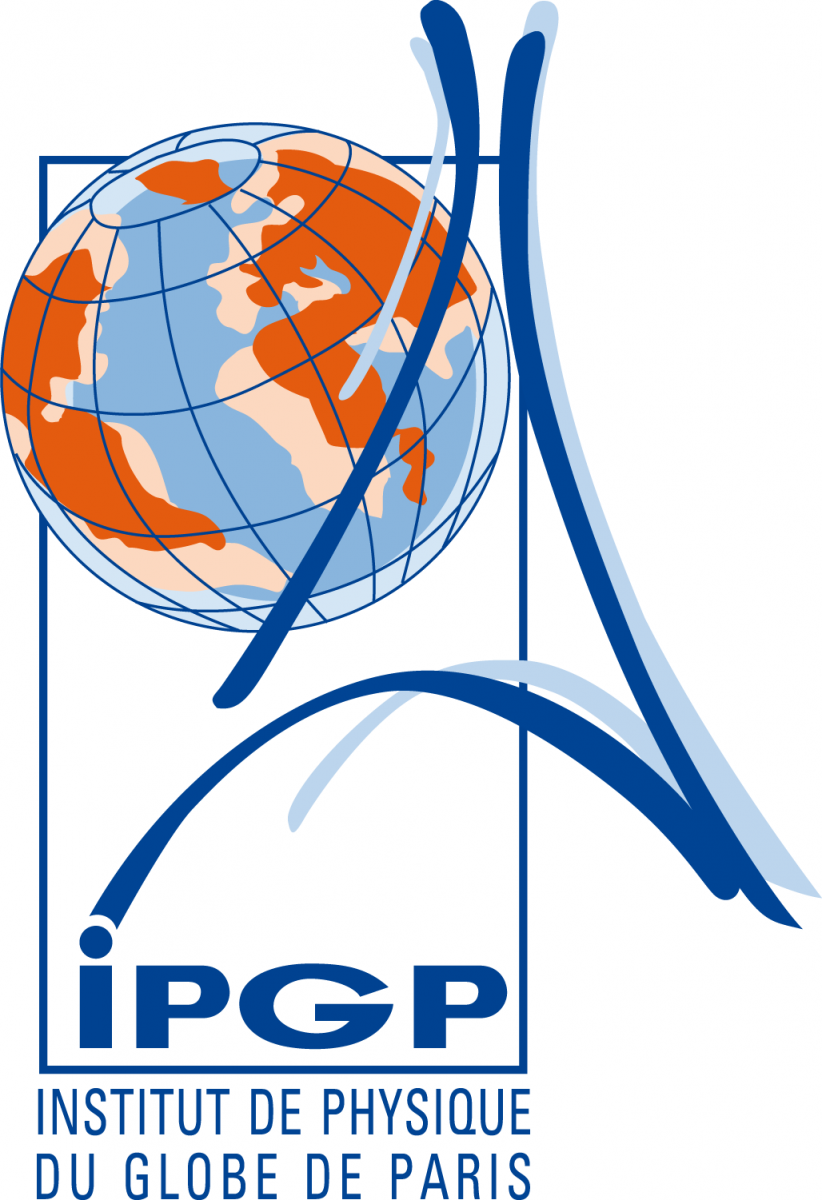The first workshop of the InterRidge Working Group on Oceanic Transforms took place from 22nd to 24th May in Brest/Plouzané (France). The workshop was attended by 40 international scientists from 7 specialities. Five attendants were supported by InterRidge travel bursaries: 3 from USA, 1 from China and 1 from Germany.
Participants dedicated the first day and a half for oral presentations and poster session discussing the state of the art on transform faults (TF) and fracture zones (FZ) concerning all aspects of the mechanics, petrology, structure, morphology and dynamics of the system. The acronym Transform Fault System (TFS) has been proposed to identify the whole tectonic system from the active part to its prolongation into the drifting plates. Afterwards, the attendants discussed all aspects necessary to identify the key questions for a comprehensive understanding of TFS. Experiments were proposed on how to answer basic questions on imaging the TF to FZ transition and thermo-mechanical, compositional alteration and stress-strain relationships to constraint physical parameters that control the TFS evolution through time. A major point was to find appropriate target regions where to apply these experimental approaches. Two major outcomes of the workshop are: the need to systematically integrate modelers to the exploratory and experimental actions and the need for high frequency investigation of TFS over long time stretches.
To achieve this aim, the participants propose to launch a call for white papers addressing the different aspects putting together integrated experimental and modeling approaches to the main TFS problematic. It also appears necessary to sustain the exchange in the community by dedicated workshops and/or sessions at AGU-EGU.
The complete report will be published soon.




